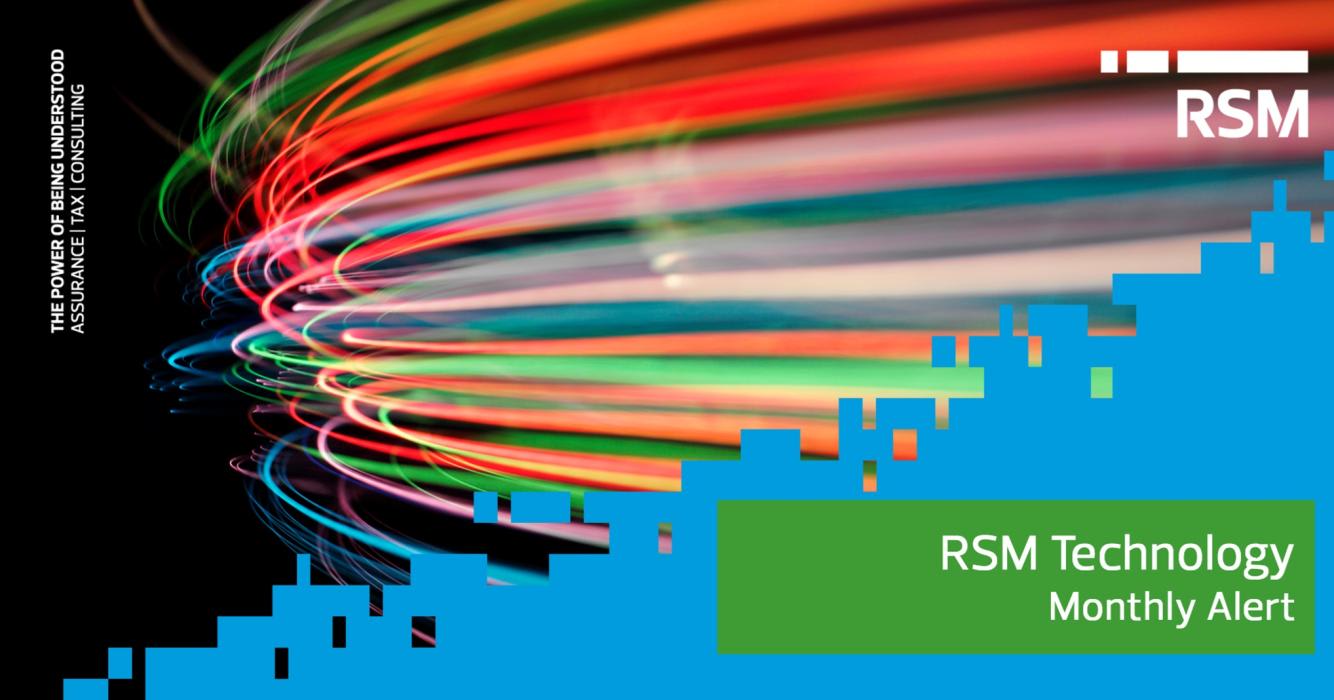 |
Intel launches new AI chips to reclaim market share from Nvidia and AMD Intel has unveiled its latest Xeon 6 processors, designed for data centers and aimed to competing Nvidia and AMD in the AI chip market. The announcement follows closely on the heels of Nvidia and AMD's recent unveilings of new AI chips. Intel's Xeon 6 processor promises enhanced performance and power efficiency for high-intensity data center workloads, and the company is also introducing its upcoming Lunar Lake processors, which will compete against Nvidia's and AMD's chips specifically designed for AI PCs. Intel is seeking to regain its footing in the AI market, where tech giants like Meta, Microsoft, and Google have been snapping up Nvidia chips. The company's Gaudi 2 and Gaudi 3 AI accelerators also boast lower prices than rival chips, and Intel is emphasizing the importance of high-performance, cost-effective AI training and inferencing solutions. Microsoft invests $3.2 billion to expand cloud and AI operations in Sweden Microsoft has announced plans to invest $3.2 billion over the next two years to expand its cloud and AI operations in Sweden. The company will be expanding its three existing data center regions in the country, with the budget covering construction costs, the purchase of 20,000 Nvidia H100 GPUs, and the training of 250,000 Swedes in AI. One of the key reasons for choosing Sweden is its abundance of green energy, which aligns with Microsoft's commitment to renewable power sources. The investment is part of Microsoft's broader strategy to expand its data center capacity to meet the growing demand for AI.
|
 |
NetSuite enhances manufacturing with advanced AI integration NetSuite’s AI integration within its ERP solution emphasizes automating processes, delivering actionable insights, and personalizing user interactions. This AI functionality is embedded across modules like finance, HR, CRM, SCM, and manufacturing. These modules utilize advanced analytics, predictive insights, and automation to streamline tasks such as financial reconciliations and customer service inquiries. The latest NetSuite release includes three new AI tools for text generation, invoice information capture, and data analysis automation in planning and budgeting. These tools enable proactive management by forecasting sales trends, optimizing inventory, and identifying supply chain inefficiencies. SAP acquires WalkMe to boost digital adoption capabilities SAP has announced an agreement to acquire WalkMe, a leading digital adoption platform provider, in an all-cash transaction valued at approximately $1.5 billion. This acquisition aims to enhance SAP's ability to support enterprises in their digital transformation efforts by leveraging WalkMe's expertise in guiding users through software interfaces and improving user adoption rates. The deal is expected to strengthen SAP's offerings in digital adoption and user experience optimization, crucial for organizations navigating complex software environments. This move also underscores the growing competition in the enterprise software market, with major players like SAP, Microsoft, and Google continuously seeking to integrate advanced digital solutions to improve productivity and user satisfaction.
|
 |
Malware exploits Windows' Recall feature, prompting privacy concerns Researchers have shown that malware can steal data collected by Windows' new Recall feature, which captures screenshots at regular intervals to help users locate previously viewed content. Despite Microsoft's assurance that attackers would need physical access and credentials to obtain this data, researchers demonstrated remote methods to extract sensitive information, such as passwords, from the locally stored and unencrypted Recall database. The feature's potential privacy risks have raised concerns, prompting calls for Microsoft to address these issues before Recall's official release. Google warns: Russian cyber operations present greatest threat to Olympics Google's cybersecurity firm Mandiant has issued a warning regarding the multitude of cyber threats facing the Paris 2024 Olympics, with Russia identified as the primary concern. Specifically, Russian threat groups, notably Sandworm (also known as APT44 or Frozenbarents), are highlighted for their capability to conduct disruptive, destructive, or hybrid operations alongside intelligence gathering. This assessment is based on historical evidence of Russian cyber gangs targeting previous Olympic events. Mandiant Intelligence assesses with high confidence that pro-Russian information operations will pose a frequent, moderate severity threat to the Summer 2024 Olympic Games.
|


